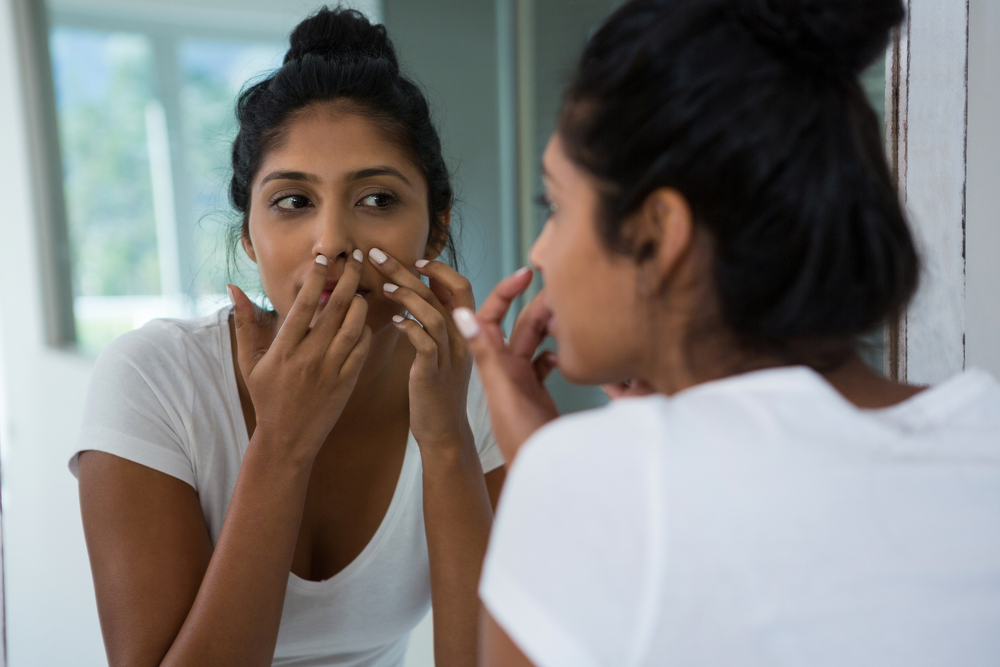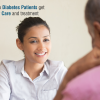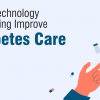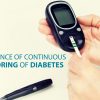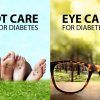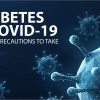Come September and endocrinologists, gynecologists, and women in general take part in walks, talk shows, and seminars for a single cause – PCOS Awareness. PCOS is not only the cause for infertility among women, it can lead to life-threatening complications like endometrial cancer, cardiovascular diseases, and type 2 diabetes.
PCOS symptoms are varied. That’s why it remains undiagnosed in many women. For those of you who are not aware of what PCOS is, here are some PCOS facts.
10 PCOS Facts
- Around 6 to 10% of women around the world experience PCOS. It is one of the most common endocrine disorders.
- PCOS is the most common cause for infertility among women
- PCOS is a complex endocrine disorder that is genetic, metabolic, hormonal, and reproductive in nature
- In PCOS, the levels of male hormones (testosterone), and insulin are high. This means reproductive disorders and irregular control of blood sugar levels
- PCOS means multiple cysts in the ovaries. However, not all women with PCOS have ovarian cysts. At the same time not all ovarian cysts are due to PCOS
- PCOS is not just a disorder of the ovaries, it can cause weight gain, acne, facial hair, and hair loss too
- PCOS can lead to psychological issues like anxiety, and depression
- PCOS can also cause high cholesterol and triglyceride levels
- Though PCOS is a lifelong condition, it is very much treatable. PCOS treatment involves medications, diet, and lifestyle modifications.
- Though PCOS causes infertility (due to anovulation), women with PCOS can get pregnant
Signs and Symptoms of Polycystic Ovaries
PCOS remains one of the most under diagnosed conditions due to the complexity of the disorder. First of all, PCOS itself occurs in four types, and so PCOS symptoms are also varied. Here are a list of common PCOS symptoms:
- Irregular menstrual periods (8 or less per year)
- Abnormal uterine bleeding
- Weight gain
- Acne
- Hair growth near face, back, stomach, and chest
- Loss of scalp hair
- Dark patches on skin
The most visible signs of PCOS are the ones which affect your skin and hair.
PCOS Effects on Skin – PCOS Acne
PCOS and acne tend to go hand in hand. Women with PCOS often face unique challenges with their skin. If you have PCOS, the increase of testosterone increases the size of skin’s oil-producing glands leading to increased acne. While teenagers tend to develop acne during adolescence, adult women with PCOS are likely to have more severe acne.
Some other signs and symptoms of polycystic ovaries are dark skin patches, skin tags, oily or dry skin, and dandruff. High insulin levels are associated with dark skin patches known as “acanthosis nigricans,” often accompanied by skin tags in these areas.
PCOS Effects on Hair
Excess Hair- Hirsutism
Some women have excess hair on their face and body. This can be attributed to high levels of testosterone stimulating hair follicles and is known as Hirsutism. This hair is usually thicker and darker. It typically grows in areas where it is more usual for men to grow hair – such as the chin, upper lip, chest, lower abdomen, chest and thighs.
More than 50% of women with PCOS have Hirsutism. Women from certain ethnic groups are prone to darker body hair. In PCOS though, they are more severely affected by Hirsutism.
Hair loss – Alopecia
For some women, the reverse is true. Instead of excess hair, their ovarian cyst symptoms are displayed in the loss or thinning of scalp hair with a receding frontal hair line and thinning on top of the scalp.
Overcoming Skin & Hair Conditions in PCOS
While the first thing to do is to consult an endocrinologist or your gynecologist, there are a few steps you can follow at home as well.
Acne skin care
Whether you have oily skin or dry skin, it can exacerbate your acne. This is when it becomes necessary to make changes to your skin care routine. Use a gentle exfoliant and use oil and fragrance-free soaps since dead skin cells lead to clogged pores and increased acne.
PCOS Diet
A careful diet and regular exercise can help manage insulin levels, which in turn helps with hormonal balance. However, this must be done in conjunction with medicines prescribed by your endocrinologist.
PCOS acne and hair problems can be treated in a number of other ways as well.
Endocrinologists and dermatologists can point women with ovarian cyst symptoms to the right treatment. This can range from over the counter treatment to more specific and prescription medications.
Over the counter medicines
Both department and drug stores have products targeted to clear up acne. Products such as lotions, cleansers, and creams, among other things and often, these products are effective enough to clear blemishes with minimal side effects.
Prescription Medications
Dermatologists prescribe stronger products to treat acne that are many times powerful than OTC products. But they too come with side effects including burning and irritation. However, they are effective enough to clear up the complexion issue. Oral contraceptives (birth control pills) have shown positive results in dealing with PCOS acne, and in helping regulate hormone levels.
It is certainly a matter of concern if you have adult acne or facial hair. If you have a family history of PCOS or have irregular periods along with hair and skin issues, it’s time to consult an endocrinologist.









